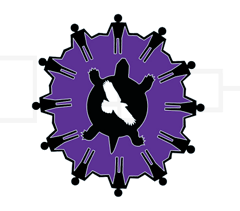Abstract
There is a lack of Métis-specific research methodologies that can be drawn upon in academia by Métis scholars and emerging academics like master and Ph.D. students. This paper outlines an exploratory research methodology used by a Ph.D. student in educational studies for a qualitative study on reconciliation through Métissage in higher education. The study was designed to build a conceptual framework[1] that answers the following question: “How have university courses and learning experiences impacted Métis peoples’ understandings of their cultural identities, the role of Métis-specific Knowledge in higher education curriculum and policies, and Métis perspectives on reconciliation in Canadian universities?” This exploratory methodology allows a deeper understanding of Métis peoples’ experiences in university classrooms. Like the mixed worldview of the Métis people, a mix of grounded theory and Indigenous-Métissage methodology has provided an innovative way for one Métis Ph.D. candidate to attempt to ground their research within their culture. In particular, the application of grounded theory and the sharing of stories through the conversational method is used in this study. The use of narrative also contributes to a rich set of methods allowing for auto-ethnography to be woven throughout the research methodology.
Recommended Citation
Scott, Bryanna
(2023)
"Métissage methodology for qualitative research,"
Journal of Indigenous Research: Vol. 11:
Iss.
1, Article 5.
Available at:
https://digitalcommons.usu.edu/kicjir/vol11/iss1/5

